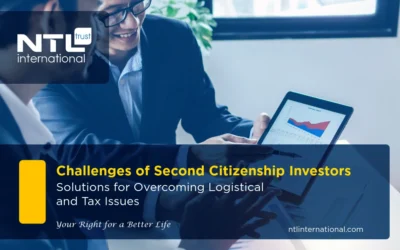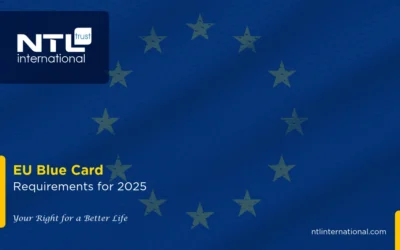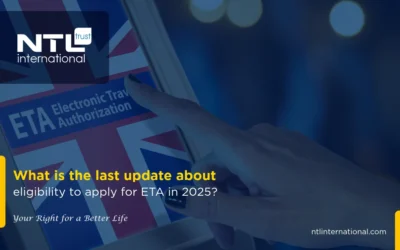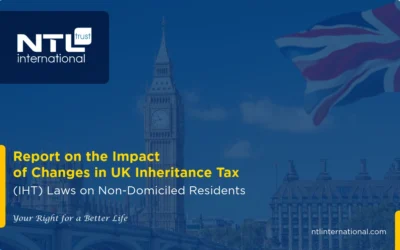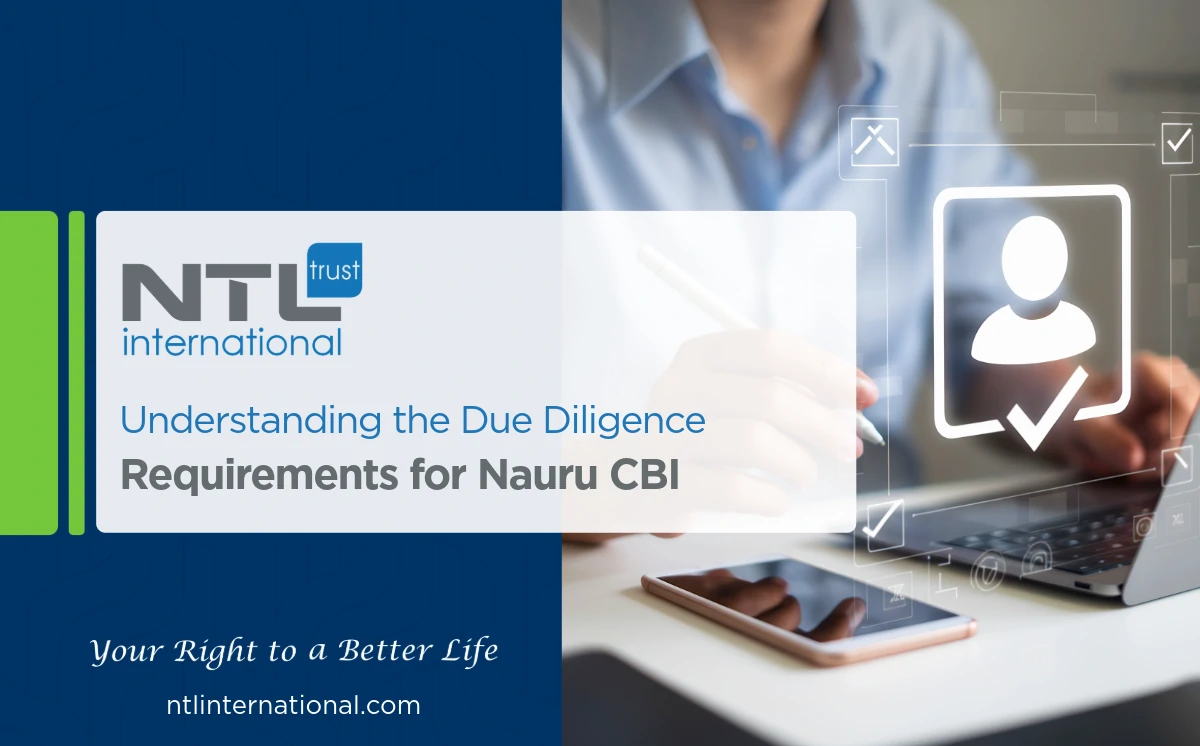
Why Nauru CBI Due Diligence Matters
Every reputable Citizenship by Investment (CBI) program depends on a rigorous due diligence process to safeguard its credibility. In the Republic of Nauru, the Nauru CBI due diligence framework forms the backbone of the Climate Resilience Citizenship Program (CRCP). This strict screening ensures that only qualified, law-abiding applicants are approved, protecting the program’s global reputation and visa-free access.
Overview of the Nauru CBI Program
The Climate Resilience Citizenship Program (CRCP) is Nauru’s official citizenship-by-investment initiative. It channels foreign investment into national climate adaptation projects and infrastructure. All applications must go through licensed agents, and every applicant is subject to a thorough Nauru CBI due diligence review before citizenship can be granted.
What Does Nauru CBI Due Diligence Involve?
The process includes several layers of international compliance checks:
-
Identity and Background Verification
Cross-border identity validation, alias screening, travel history checks, and reputation reviews. -
Interpol and Sanctions Screening
Screening against Interpol, Europol, and UN sanctions lists, with a focus on links to financial crime or terrorism. -
Financial Crime & AML/CFT Screening
Detection of fraud, money laundering, tax evasion, or illicit associations. -
Source of Funds Verification
Comprehensive analysis of bank records, income history, and wealth origin, supported by documentary evidence. -
PEP Status and Political Exposure
Enhanced scrutiny for Politically Exposed Persons (PEPs), with high rejection risk if linked to controversial regimes or investigations.
Who Conducts the Due Diligence?
-
Independent Screening Firms specializing in cross-border background checks on high-net-worth individuals.
-
Nauru Citizenship Office, which verifies documents and evaluates findings.
-
International Cooperation with law enforcement and regulatory bodies when required.
All final decisions are made by the Government of Nauru following the Nauru CBI due diligence review.
Processing Time and Confidentiality
-
Standard Review: 90–120 days
-
Enhanced Review: Up to 180 days for complex cases
All applicant data is treated with strict confidentiality. Information is used exclusively for due diligence, never shared or sold, and stored securely in compliance with international privacy rules.
Red Flags Leading to Rejection
Applications may be denied if there is evidence of:
-
Any criminal history (even expunged records)
-
Inconsistent or unverifiable financial background
-
Pending or recent legal proceedings
-
PEPs under investigation
-
Inclusion on sanctions or watchlists
Nauru enforces a strict zero-tolerance policy toward high-risk applicants.
Why Strict Due Diligence Is Essential
The Nauru CBI due diligence system ensures:
-
Protection of Nauru’s global visa-free agreements
-
Alignment with FATF, OECD, and AML/CFT international standards
-
Attraction of credible, qualified investors only
-
Long-term sustainability and credibility of the program
By maintaining this high level of compliance, Nauru provides both investors and the government with confidence that second citizenship is granted only to those who meet the highest legal and ethical standards.
FAQs
Is due diligence mandatory for Nauru CBI?
Yes. It is a non-negotiable requirement for all applicants.
What documents are required?
Proof of identity, financial records, police clearance certificates, and legal declarations.
How long does it take?
Typically 90–120 days, though enhanced reviews may take up to 180 days.
Who handles due diligence?
International screening firms in cooperation with the Nauru Citizenship Office.
Can applicants appeal a rejection?
In most cases, rejection under the Nauru CBI due diligence process is final, though applicants may reapply if circumstances change and new evidence is provided.
Portugal’s Non-Habitual Resident (NHR) Tax Regime: A Gateway to Significant Tax Benefits
The Non-Habitual Resident (NHR) tax regime is one of the most attractive incentives offered by the Portuguese government, providing significant tax benefits for individuals seeking to relocate to Portugal and enjoy a favorable tax environment. Thanks to its mild...
Challenges of Second Citizenship Investors: Solutions for Overcoming Logistical and Tax Issues
Individuals who are seeking second citizenship, driven by the desire to improve their quality of life, secure a better future for their families, or expand their business opportunities.
EU Blue Card Requirements for 2025
It is important to note that the EU Blue Card is available in most Schengen Area countries,
Discover the latest update on the UK Electronic Travel Authorisation (ETA)
The UK Electronic Travel Authorisation (ETA) grants permission to travel to the UK, but not permission to enter. Therefore, individuals from visa-required nationalities must obtain both a visa and an ETA before traveling to the UK.
Report on the Impact of Changes in UK Inheritance Tax (IHT) Laws on Non-Domiciled Residents
The proposed changes to UK inheritance tax (IHT) laws reduce the exemption period for non-doms from 15 years to 5 years.


